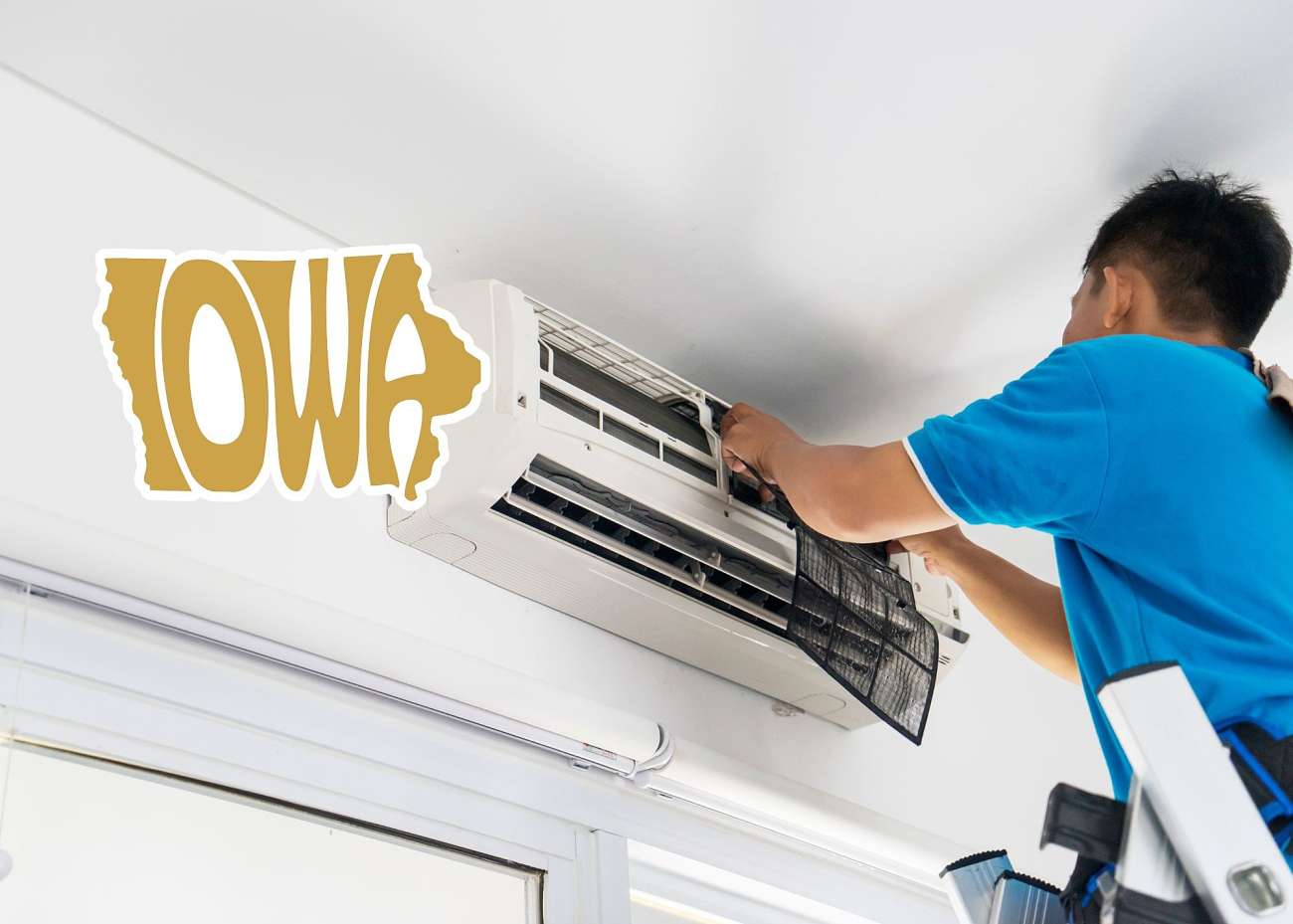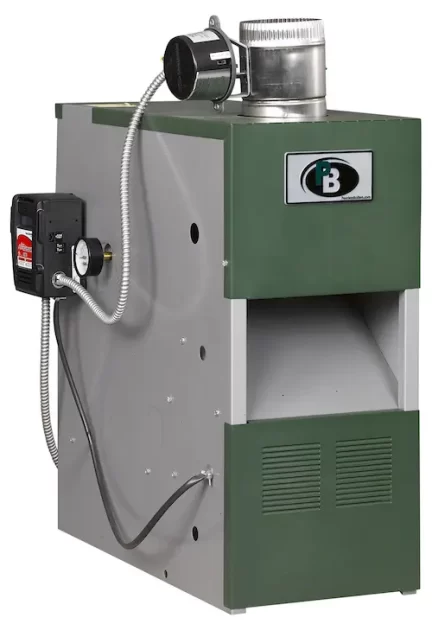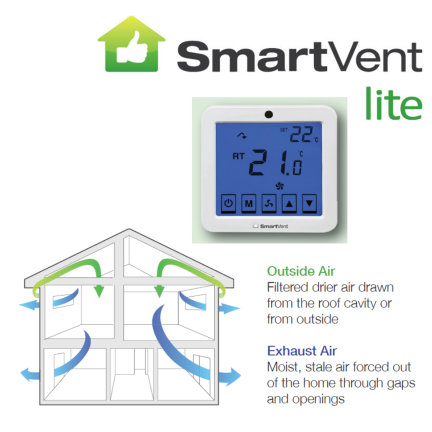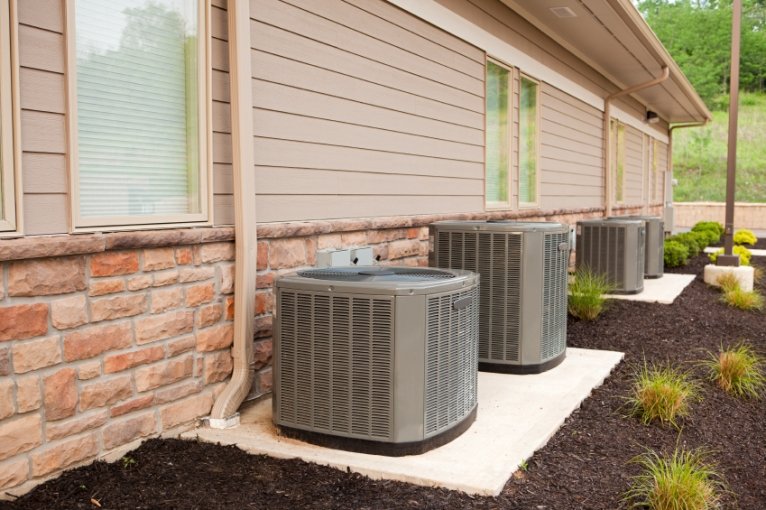When temperatures soar, having a working air conditioning system in your rental home is not just a luxury—it’s essential. If you’re facing air conditioning problems in your rental property, you may be curious about how long a landlord can leave you without this vital service. In this article, we’ll discuss your rights, the legal considerations, and what steps you can take to keep your home comfortable.
Is Air Conditioning a Legal Requirement for Landlords?
Many tenants believe that air conditioning is a fundamental requirement, but the answer varies based on your location and the details of your lease agreement. While landlords are generally expected to provide habitable living conditions—often referred to as the “implied warranty of habitability”—air conditioning is not always explicitly included.
Understand the Implied Warranty of Habitability
In most states, landlords are legally required to offer a rental unit that is safe and livable. This includes providing adequate heating, plumbing, and sometimes air conditioning, particularly in areas where hot weather is prevalent. However, unless your lease specifically mentions it, air conditioning may not be considered a “must-have” amenity.
Local Laws and Building Codes Matter
In certain regions, especially those with extremely hot summers, building codes and local regulations may mandate that landlords keep air conditioning in working order. For example, some cities or states may impose stricter requirements regarding temperature control.
How Long is Too Long for a Landlord to Take Action?
If your air conditioner fails, how long can a landlord leave you in discomfort? The timeframe can differ, but landlords are generally expected to respond to repair requests within a reasonable time frame.
Know Your Local Tenant Rights
Laws differ from state to state, making it crucial to be aware of your rights. In some states, tenants may have the option to withhold rent, perform repairs themselves and deduct the costs, or even terminate the lease if the landlord neglects necessary repairs.
Can You Withhold Rent or Break Your Lease?
If air conditioning is essential for your health or safety, you might need to consider more serious actions. However, it’s vital to follow the legal procedures to avoid complications later on.
Withholding Rent as Leverage
In certain areas, tenants can withhold rent if the landlord fails to fix a critical service. Always verify your state’s laws before taking this step, as improper withholding could result in eviction.
Breaking Your Lease
If your landlord does not maintain essential services like air conditioning and the situation becomes intolerable, you may have valid reasons to break your lease. This should only be done after thoroughly reviewing your lease agreement and consulting with an attorney if necessary.
What if the Landlord Is Unresponsive?
If your landlord is unresponsive or delays repairs without justification, it may be time to take further action. Here are some strategies for dealing with an unresponsive landlord:
Seek Mediation or Legal Assistance
If communication fails, consider mediation to resolve the issue. A mediator can help both parties reach a fair agreement. If mediation does not work, seeking legal advice from a tenant rights attorney may be the next step.
File a Complaint with Local Authorities
In severe cases where the landlord is uncooperative or violating building codes, you can file a complaint with your local housing authority or health department. Many regions have agencies that can step in during tenant-landlord disputes.
Preventing Air Conditioning Issues in the Future
Once the issue is resolved, it’s crucial to take steps to avoid air conditioning breakdowns later on. Here are some tips to keep your system in good working order:
Regular Maintenance Is Key
If your lease permits, consider requesting regular maintenance for the air conditioning unit to ensure it operates efficiently. Simple actions like changing filters, cleaning coils, and scheduling annual inspections can help prevent significant breakdowns.
Know Your Lease Terms
Get to know your lease agreement to understand what maintenance responsibilities your landlord has. Being proactive can help you avoid future problems and delays in repair requests.
Conclusion: Your Rights and Responsibilities as a Tenant
In conclusion,while air conditioning may not always be legally required, your landlord is still obligated to maintain a livable environment. If you find yourself without air conditioning during the hot months, remember that you have the right to prompt repairs and can take steps to ensure your comfort. Always communicate clearly, keep thorough documentation, and check local tenant laws to safeguard your rights and maintain a comfortable living situation.
If you’re uncertain about your rights, reaching out to a local tenant advocacy group or attorney can help you make informed choices and reduce unnecessary stress.
FAQs
1. Can I withhold rent if my air conditioning is not working?
In some states, tenants may have the right to withhold rent if essential services, such as air conditioning, are not repaired in a timely manner. However, it’s important to review local tenant laws before taking this action, as improper rent withholding could result in eviction.
2. How long can my landlord leave me without air conditioning?
The specific timeframe varies based on local laws and the lease agreement, but landlords are typically required to address air conditioning issues within 24-48 hours for emergencies. For non-emergency situations, repairs should generally be completed within 5-7 days.
3. Can I break my lease if my air conditioning isn’t fixed?
If the air conditioning problem significantly impacts your health or comfort, you might have valid reasons to break your lease. Be sure to examine your lease terms and consult with a legal expert or tenant advocacy group before proceeding.
4. What if my landlord ignores my repair request for air conditioning?
If your landlord does not respond, send a formal written request detailing the issue and your previous attempts to communicate. If the problem continues, you can file a complaint with local housing authorities or consider legal action if necessary.
5. What can I do to prevent air conditioning breakdowns in the future?
To minimize the risk of future air conditioning issues, inquire with your landlord about regular maintenance schedules. Additionally, you can take proactive measures such as changing filters, cleaning coils, and periodically checking the system to ensure it operates efficiently.




Leave a Comment